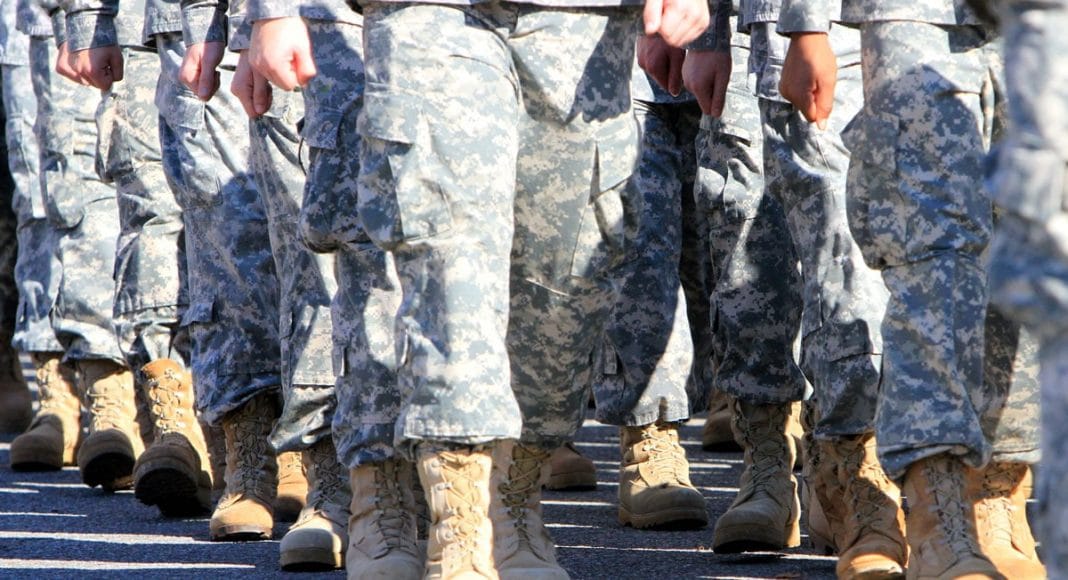Those who have served our country seeking to treat their ailments with medical marijuana received good news this week when an influential Senate committee voted to green light marijuana for veterans.
By a 24-7 margin, the Senate Appropriations Committee approved the Veterans Equal Access amendment, which would allow doctors in the U.S. Department of Veterans Affairs to recommend cannabis in states where it is legal.
Currently, V.A. doctors are not allowed to provide the paperwork necessary to complete a medical cannabis recommendation, even in the 29 states where medical marijuana programs exist. Veterans are forced to seek the advice of private physicians.
According to Sen. Steve Daines (R-MT), the measure’s lead sponsor, the amendment “simply allows the V.A. patients in states with medical marijuana programs to discuss that option with their V.A. doctor of physician.”
-
Related Story: How Cannabis Works Against PTSD
Two of the nation’s largest and most influential veterans’ groups — the American Legion and AMVETS — have urged the federal government to allow access to medical marijuana.
Veterans are increasingly turning to medical cannabis as an alternative to opioids and other pharmaceutical medications to treat conditions like chronic pain and post-traumatic stress. An estimated 8,000 veteran commit suicide a year — 22 a day.
The American Legion, which represents more than 2 million members, sent a letter to President Trump urging him to help them make a change to the policy.
-
Related Story: For Our Veterans: How Cannabinoids Soothe PTSD Symptoms
“The American Legion respectfully requests a meeting with President Trump as soon as possible and looks forward to partnering with this administration in the fight against narcotics addiction and reducing the veteran suicide rate from the tragic loss of 20 warriors per day, to zero,” the letter reads.
Sen. Jeff Merkley (D-OR), a co-sponsor of the Senate amendment, says it is about time to do something. “We often talk about how our soldiers stand up for us, and we need to stand up for them,” Merkley said.


